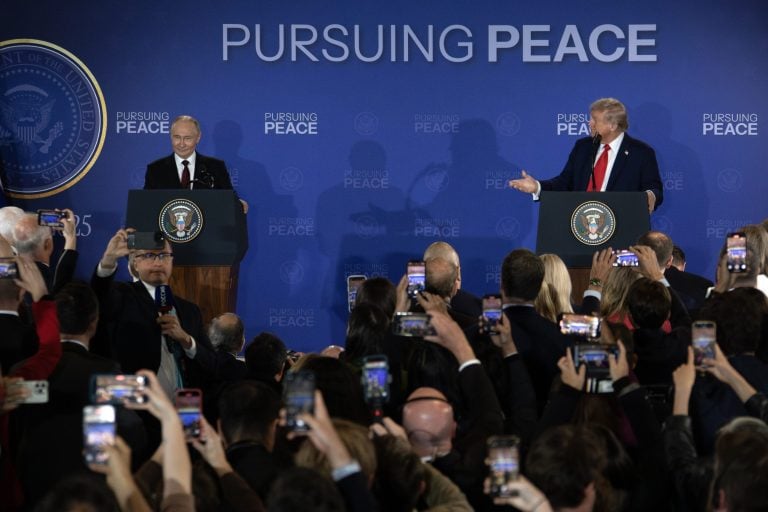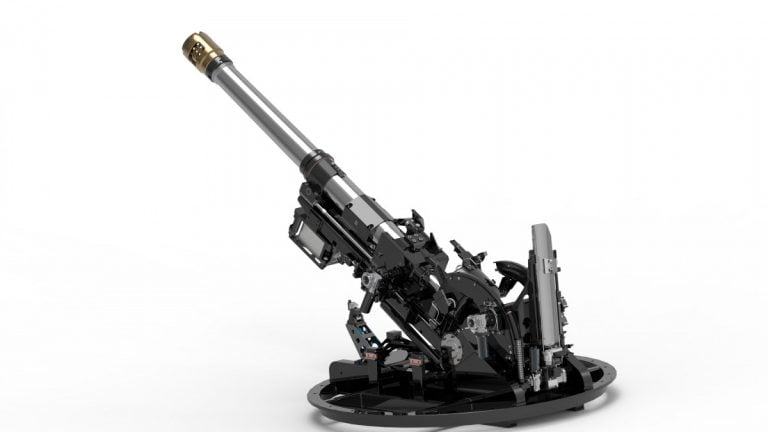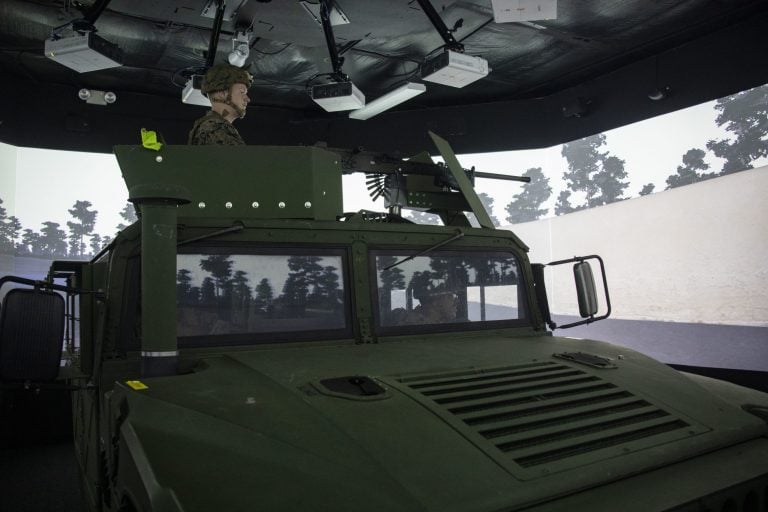Germany is poised to significantly bolster its defense capabilities with a comprehensive plan involving €377 billion ($438 billion) in acquisitions, as revealed in internal government documents reviewed by Politico. This extensive strategy includes a 39-page outline detailing both immediate and longer-term military procurement projects.
As part of this initiative, the German government aims to launch approximately 320 new weapons and equipment projects in the next budget cycle. Among these, 178 projects have already secured contracts with confirmed suppliers, while the remaining initiatives are still in various stages of planning.
A noteworthy aspect of this procurement strategy is the emphasis on domestic suppliers. German companies dominate the confirmed projects, comprising around 160 endeavors valued at about €182 billion ($211 billion). Leading this charge is Rheinmetall, based in Düsseldorf, which appears across 53 projects with a total worth exceeding €88 billion ($102 billion). This investment includes direct contracts amounting to €32 billion ($37 billion) for Rheinmetall, along with an additional €56 billion ($65 billion) allocated for its subsidiaries and joint ventures. Key among these is the Puma and Boxer armored vehicle programs implemented in collaboration with KNDS.
The procurement plan outlines a target of acquiring 687 Puma vehicles by 2035, which will encompass 662 combat models and 25 driver-training variants. Additional assets include 561 Skyranger 30 short-range air defense systems, as well as millions of grenades and rifle rounds.
Diehl Defence, recognized as Germany’s second-largest defense supplier in this acquisition scheme, features in 21 procurement lines with a total value of €17 billion ($19 billion). Its portfolio is notably focused on the IRIS-T air defense systems, set to deliver 14 surface-launched medium-range batteries and nearly 700 interceptors.
In contrast to the domestic focus, the plan also encompasses around 25 foreign-linked projects, which account for an expenditure of about $16 billion—less than 5 percent of the overall planned spending. These acquisitions are aimed at enhancing Germany’s strategic capabilities and include nuclear-certified aircraft, long-range strike systems, and maritime surveillance assets.
Among the notable foreign procurements is a potential order for an additional 15 F-35 jets from Lockheed Martin, expected to cost $2.9 billion under the U.S. foreign military sales framework. The list also outlines plans for 400 Tomahawk Block Vb cruise missiles, valued at $1.3 billion, along with three Typhon launchers for approximately $256 million, thereby extending Germany’s strike capabilities to around 2,000 kilometers (1,240 miles).
Additionally, Germany is looking to acquire four Boeing P-8A Poseidon maritime patrol aircraft for its navy, representing a significant $2 billion investment aimed at enhancing sea surveillance and anti-submarine operations. This comprehensive investment plan highlights Germany’s commitment to strengthening its military readiness in an increasingly complex global security landscape.







